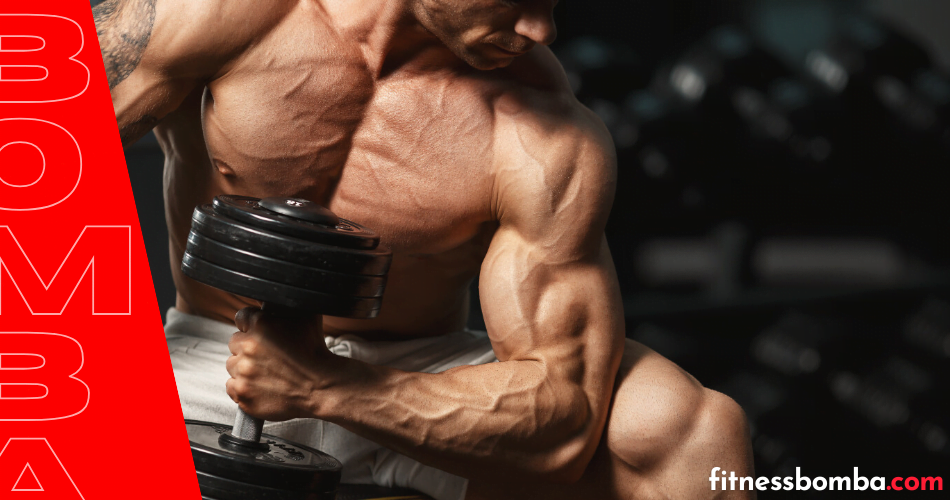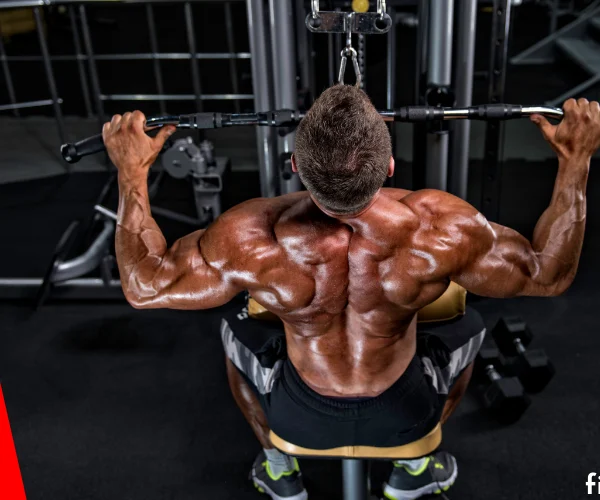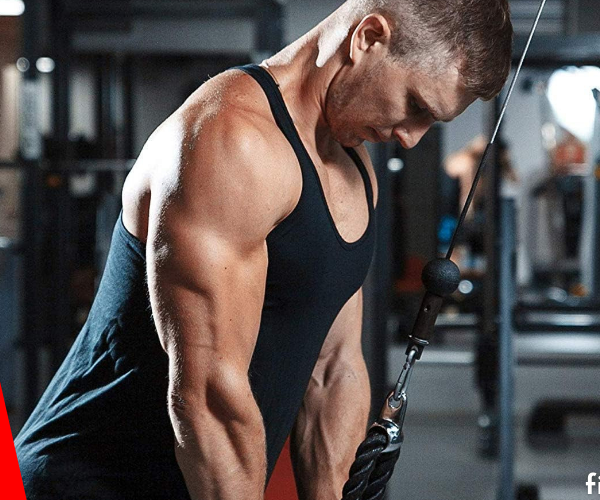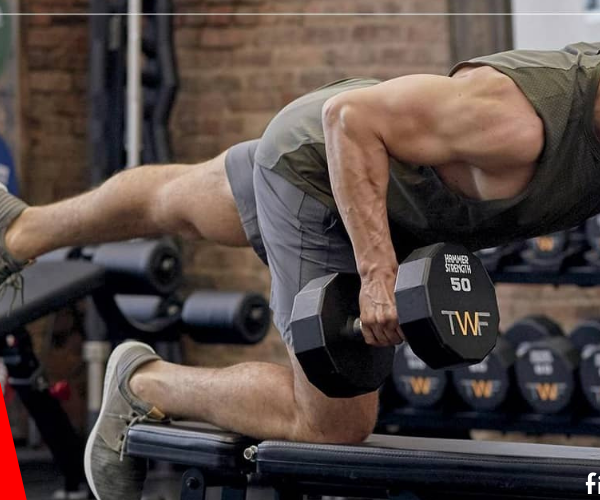Building muscles requires a positive energy balance, which implies you’ve got to require more calories than you burn. you wish about 2,800 calories to create a pound of muscle, largely to support protein turnover, which may be elevated with training. By following these eight tips, you’ll be ready to build muscle mass more efficiently and faster.
Your body can build at the most about 227g of muscle per week, so if you eat too many extra calories trying to make more muscle, you’ll gain excess fat. We recommend consuming a further 250 to 500 calories per day. If you gain fat easily, continue the lower end of the range, and if you discover it difficult to realize weight normally, aim for the upper end of the range. it’ll take a tough trial and error to seek out the correct amount of additional calories to create muscle and stay lean.
In addition, research indicates that ingesting lean protein 15 to twenty minutes earlier than, during and within an hour after a workout can assist enhance muscle advantage. Since you most likely won’t be eating a steak or deformity at the gym, a protein drink or supplement immediately before, during or after your workout are often beneficial, but isn’t necessary. However, it isn’t almost protein. It’s about eating many meals that cover your caloric expenditure and supply nutrition as a part of a healthy, diet that may facilitate your build muscle, lose fat and acquire stronger. Here are eight simple tips to assist you to stay cur…
1. EAT BREAKFAST TO HELP BUILD MUSCLE MASS:
This gives you a second energy boost and helps you stay full until your next meal or snack. It also units the trend: you generally tend to devour healthier while your day begins with a powerful and healthful breakfast. Your best bets when trying to make muscle mass are omelets, smoothies, and farmer’s cheese.
2. EAT EVERY THREE HOURS:
Eating the proper thing at the correct time is crucial for helping you boost your muscle mass. the simplest way is to eat your breakfast, lunch, and dinner as was common, interspersed with meals post-workout, pre-bed, and with two snacks in between. By keeping your food intake up, it’ll mean you won’t be as hungry, because eating smaller meals more often versus some big meals will decrease your stomach size. You’ll feel full more quickly and your waist will trim, while you’ll even have fewer cravings. Not eating for long periods can cause you to over-eat at the following meal or topping yourself up with unhealthy snacks from the coin machine. So to prevent any cravings, wear away fixed times daily and your body will get hungry at those fixed times.
3. EAT PROTEIN WITH EACH MEAL TO BOOST YOUR MUSCLE MASS:
You need protein to create and maintain muscle. to realize this, you ought to be looking to gnaw at least 1g per 454g of body-weight. That’s 200g/day if you weigh 91kg. the simplest thanks to getting this amount is to eat a full protein source with each meal. These include:
• Red meat. Beef, pork, lamb, etc.
• Poultry. Chicken, turkey, duck, etc.
• Fish. Tuna, salmon, sardines, mackerel, etc.
• Eggs. Don’t believe the cholesterol myths. Eat the yolk.
• Dairy. Milk, cheese, cheese, quark, yogurt, etc.
• Whey. Not necessary, but ideal for simple post-workout shakes.
• Also try vegan options like lentils, tofu, seeds and nuts.
4. EAT FRUIT AND VEGETABLES WITH EACH MEAL:
Maximum of them (no longer all) are low in energy: you could consume your belly full without gaining fats or weight. Fruits and greens also are complete of vitamins, minerals, antioxidants, and fiber that enables digestion, but just be careful to test the sugar content material of some end result.
5. EAT CARBS ONLY AFTER YOUR WORKOUT:
At the same time as you need carbohydrates for energy, most people devour them whole. Restrict your carbohydrate consumption most effectively after your exercising. – consume fruits and greens at all food. These comprise few carbs in comparison to whole grains aside from corn, carrots, and raisins. – simplest other carbs submit exercise. That is frequently rice, pasta, bread, potatoes, quinoa, oats, etc. Avoid white carbs and consume entire grains.
6. EAT HEALTHY FATS:
Wholesome fats enhance fat loss and fitness as they digest slowly. Make certain you stability your fat consumption, consume healthful fats with each meal and avoid artificial trans-fat and margarine.
7. DRINK WATER TO HELP YOU BUILD MUSCLE MASS:
Energy school reasons water loss through sweating, which can affect muscle recovery and as a result, it will not help you grow your muscle mass. Consumption of water prevents dehydration, but also hunger, because an empty stomach can make you hungry.
8. EAT WHOLE FOODS 90% OF THE TIME:
To really get the results you want and to significantly spice up your muscle mass, 90% of your food intake should contain whole foods.
– Whole foods. These are unprocessed and unrefined (or low refined) foods that are as close to their wild state as possible. Examples: fresh meat, fish, poultry, eggs, vegetables, legumes, fruits, rice, oats, quinoa, etc.
– Processed foods usually contain added sugars, trans fats, nitrates, corn syrup, sodium and more chemicals. Examples: Bagels, fruit bars, cereal, pizza, cookies, sausages, frozen dinners, supplements.



